Bacteria Are Beneficial To Wastewater Treatment Because
Bacteria are beneficial to wastewater treatment because. Nevertheless in comparison to anammox bacteria the tolerance of HAOB towards inhibitory factors like heavy metals lies at a low value. By removing the multi-resistant bacteria at the hospitals the health risk for the sewage workers and employees at the treatment plants is reduced. Anaerobic bacteria are used in wastewater treatment on a normal basis.
The goal of _____ _____ in a sewage treatment plant is to use BACTERIA to BREAK DOWN 85 to 90 of the organic matter and convert it to CO2 inorganic nutrients such as nitrogen and phosphorous. Over the past 2 years Alumichem has in collaboration with DTU and Teknologisk Institut developed a new technology that makes it possible to remove multi-resistant bacteria from hospital wastewater before it reaches the treatment plant. Wastewater treatment plants are designed to function as microbiology farms where bacteria and other microorganisms are fed oxygen and organic waste.
Reduce septic tank pump-outs. They naturally break down organic matter. Its better than letting the river handle it because even though its the same purification process that occurs in nature the quantities of pollution discharged today are too high to keep the natural cycle intact.
At sewage treatment plants operators intentionally create conditions that promote growth of microorganisms in wastewater because they break. The main role of these bacteria in sewage treatment is to reduce the volume of sludge and produce methane gas from it. The wastewater treatment plant.
They naturally break down organic matter. Bacteria are beneficial to wastewater treatment because a. These single-celled animals perform three significant roles in the activated sludge process.
Up to 10 cash back Filamentous bacteria are notorious in wastewater treatment because their overgrowth causes operational problems such as sludge foaming although they are always present in non-foaming AS and play important roles such as nutrient removal 20 50. The use of these bacteria accelerates the process of treating pollution on a small surface. Protozoa are also indicators of biomass health and effluent quality.
Bioclean Septic biodegrades organic blockages in drain field lines gravel leach pits and porous stone pit walls. Bacteria are primarily responsible for removing organic nutrients from the wastewater.
Bacteria are beneficial to wastewater treatment because a.
The wastewater treatment plant. In a wastewater treatment system the next higher life form above bacteria is protozoa. Bioclean Septic biodegrades organic blockages in drain field lines gravel leach pits and porous stone pit walls. They naturally break down organic matter. The wastewater treatment plant. Its better than letting the river handle it because even though its the same purification process that occurs in nature the quantities of pollution discharged today are too high to keep the natural cycle intact. Wastewater treatment plants are designed to function as microbiology farms where bacteria and other microorganisms are fed oxygen and organic waste. Anaerobic bacteria are used in wastewater treatment on a normal basis. Nevertheless in comparison to anammox bacteria the tolerance of HAOB towards inhibitory factors like heavy metals lies at a low value.
Wastewater is teaming with microbes. They naturally break down organic matter. The main role of these bacteria in sewage treatment is to reduce the volume of sludge and produce methane gas from it. Nevertheless in comparison to anammox bacteria the tolerance of HAOB towards inhibitory factors like heavy metals lies at a low value. -aeration of the water to promote the growth of aerobic bacteria which emit less offensive odors. Wastewater treatment plants are designed to function as microbiology farms where bacteria and other microorganisms are fed oxygen and organic waste. Anaerobic bacteria are used in wastewater treatment on a normal basis.


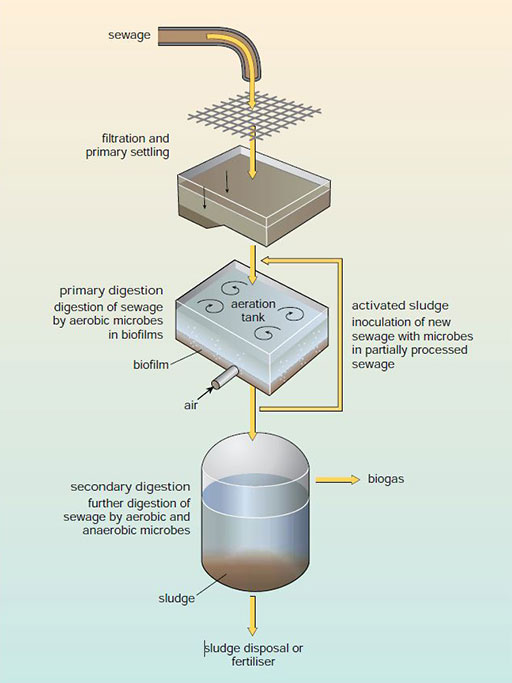
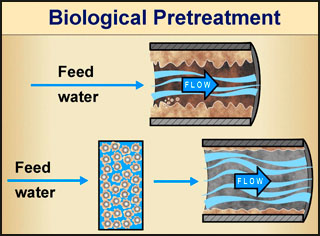
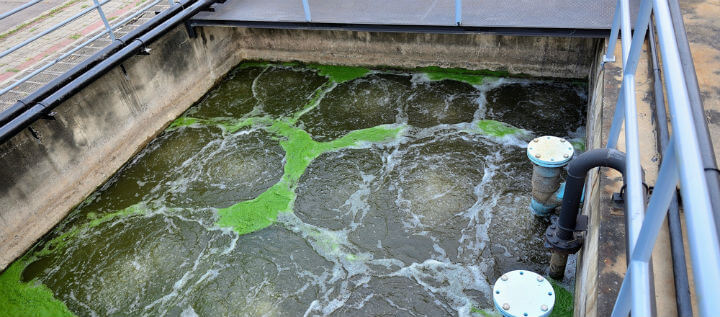
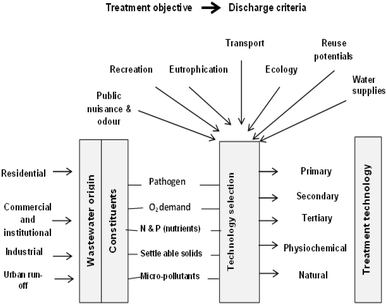





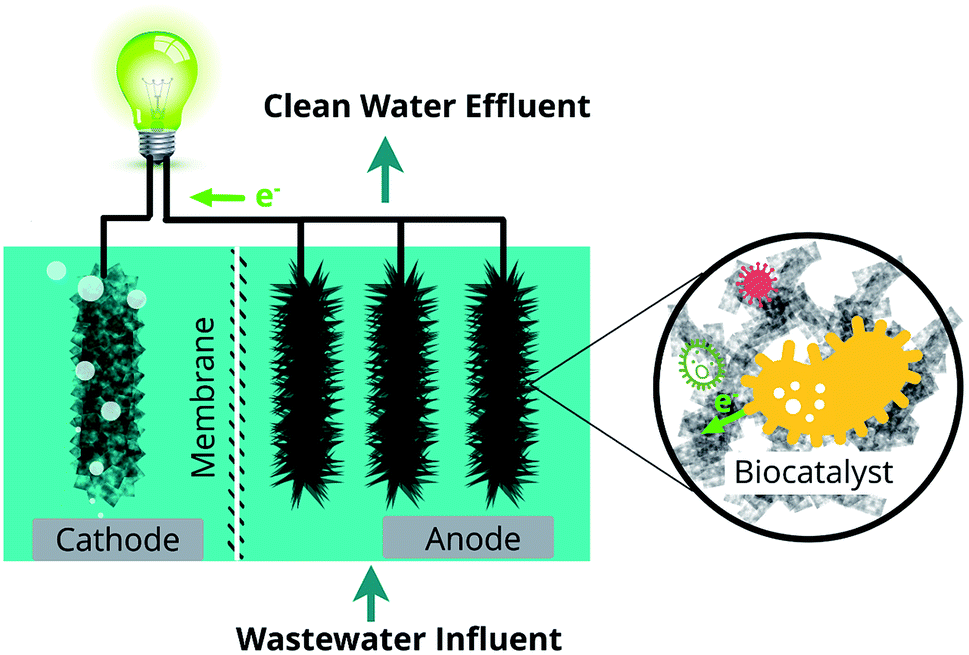

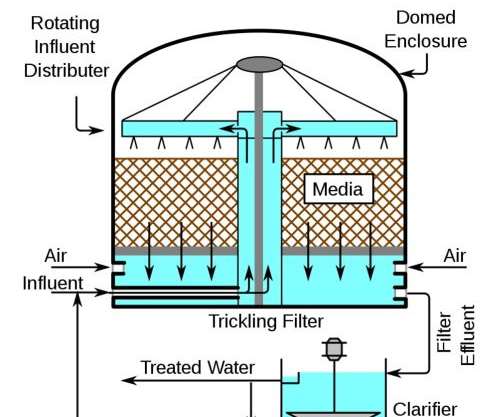

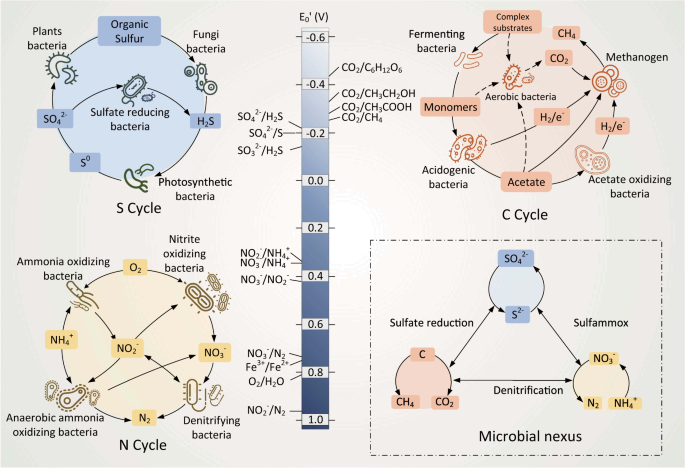
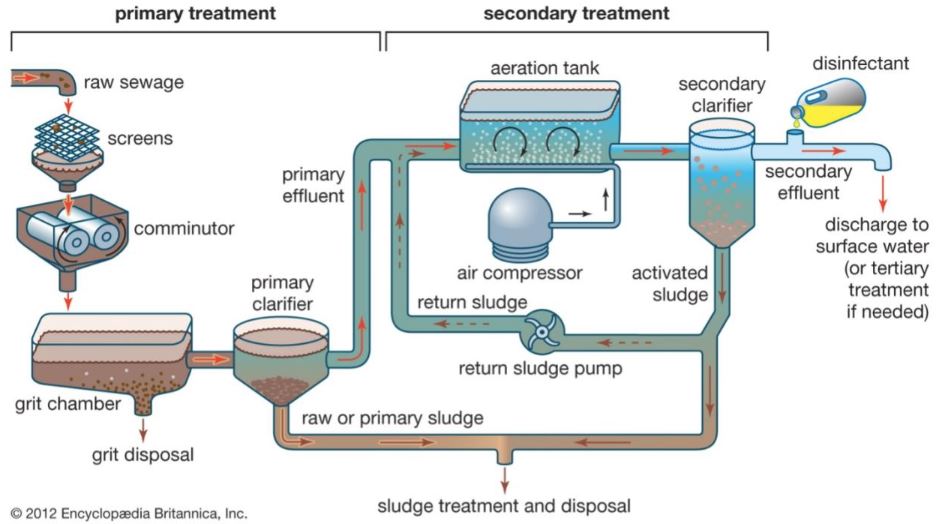
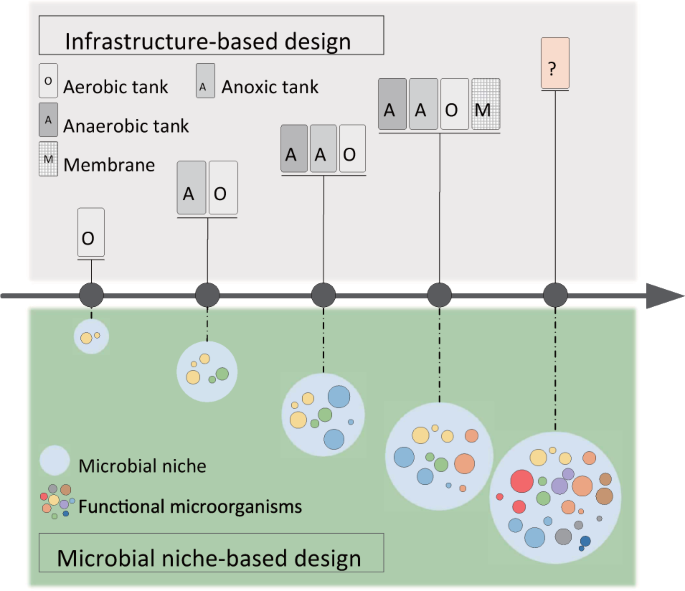
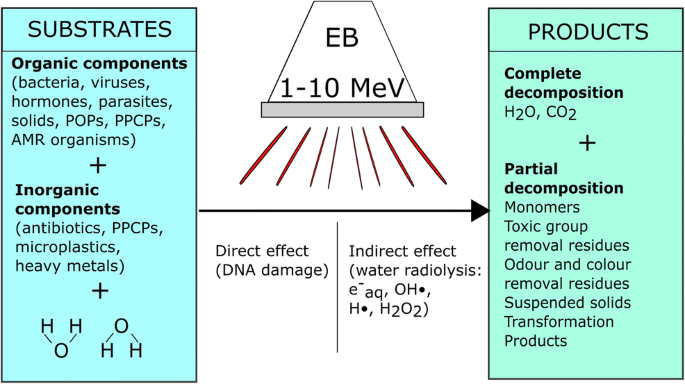
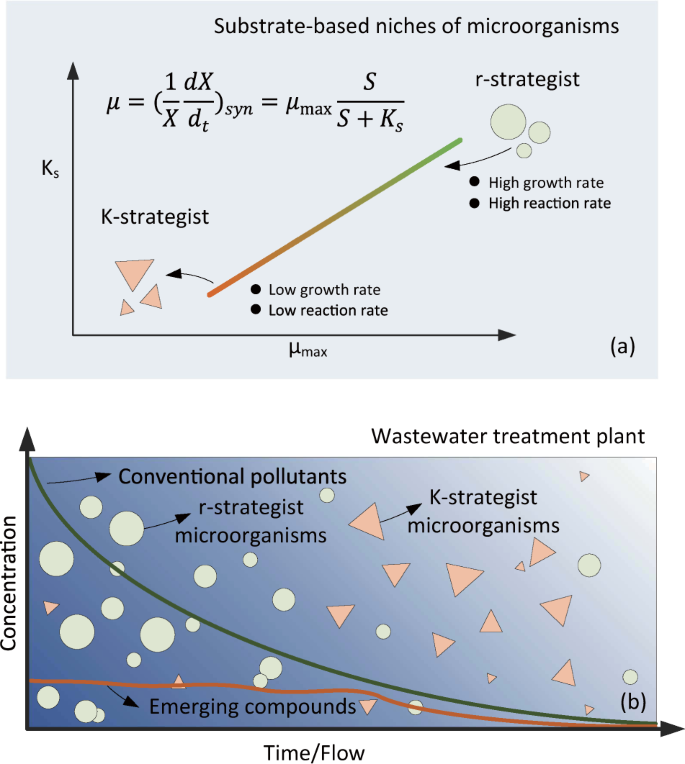


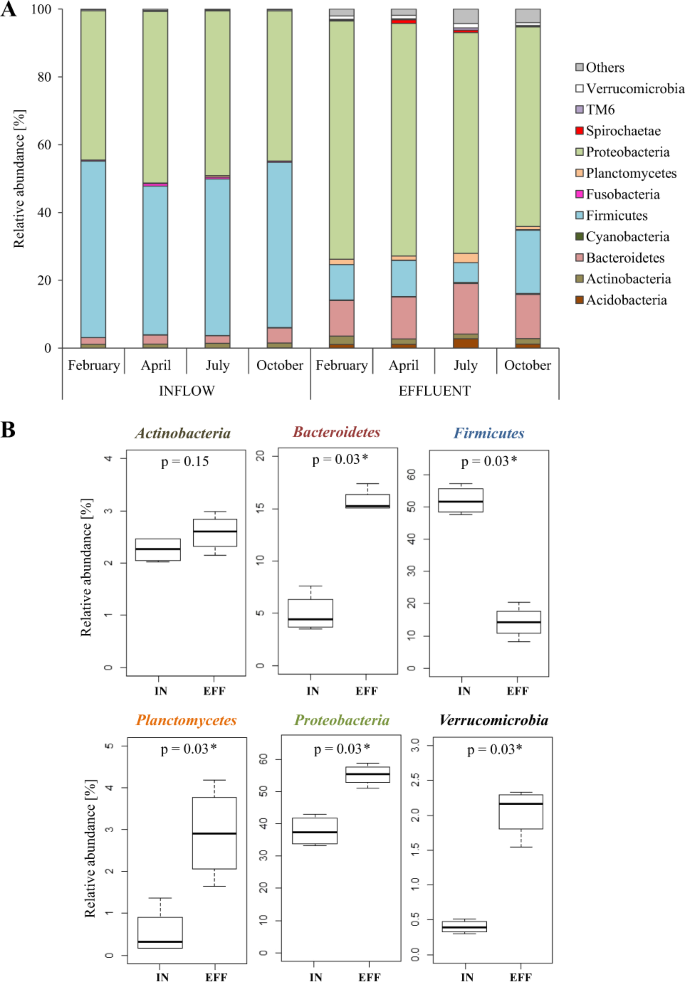

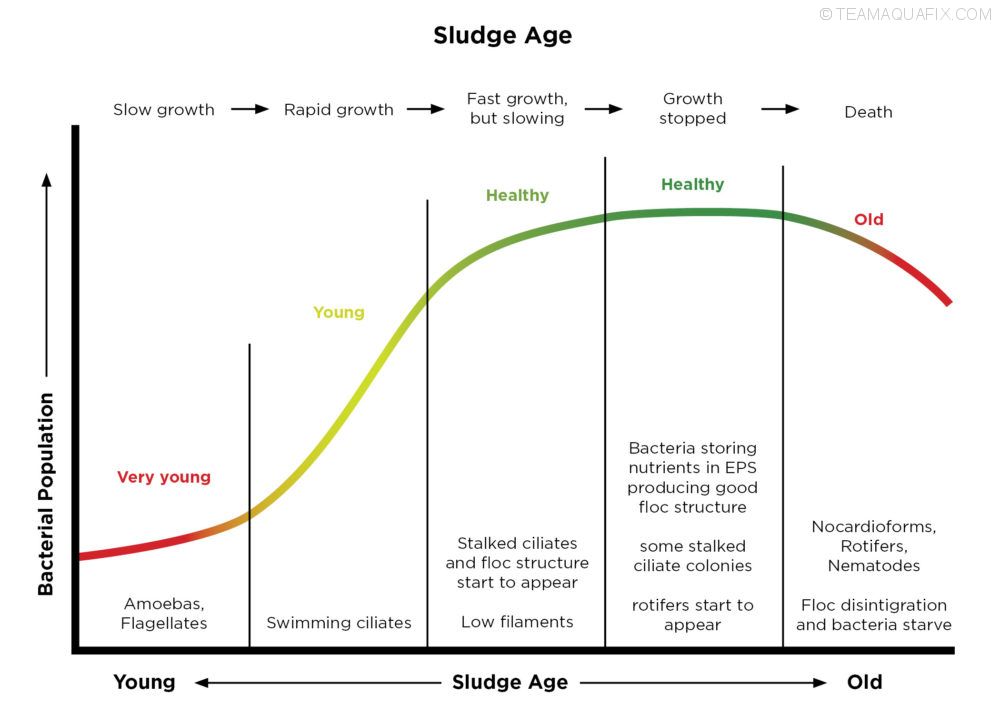
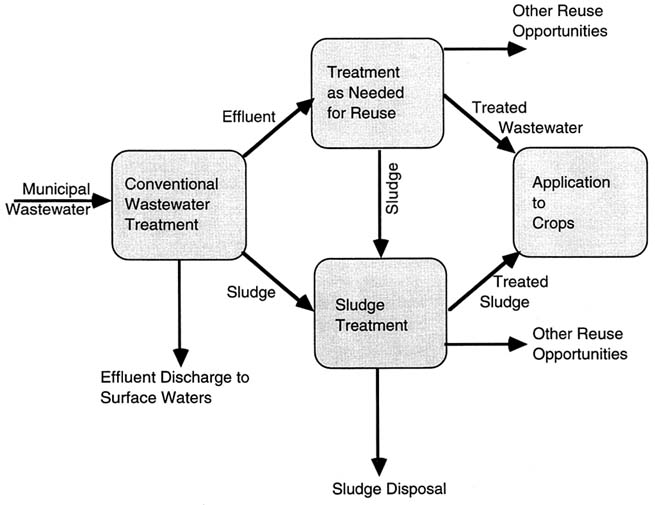

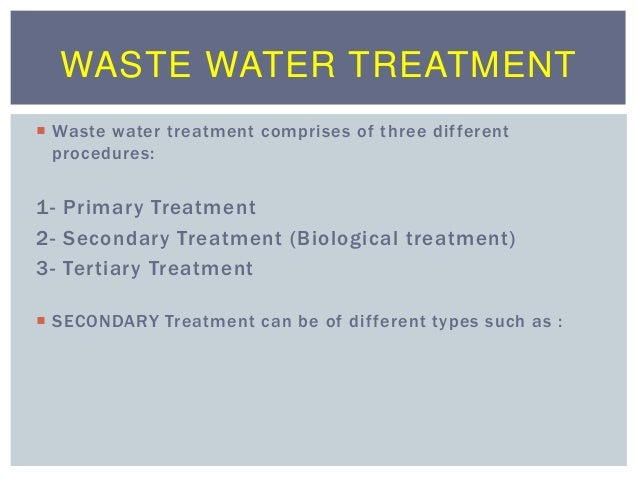



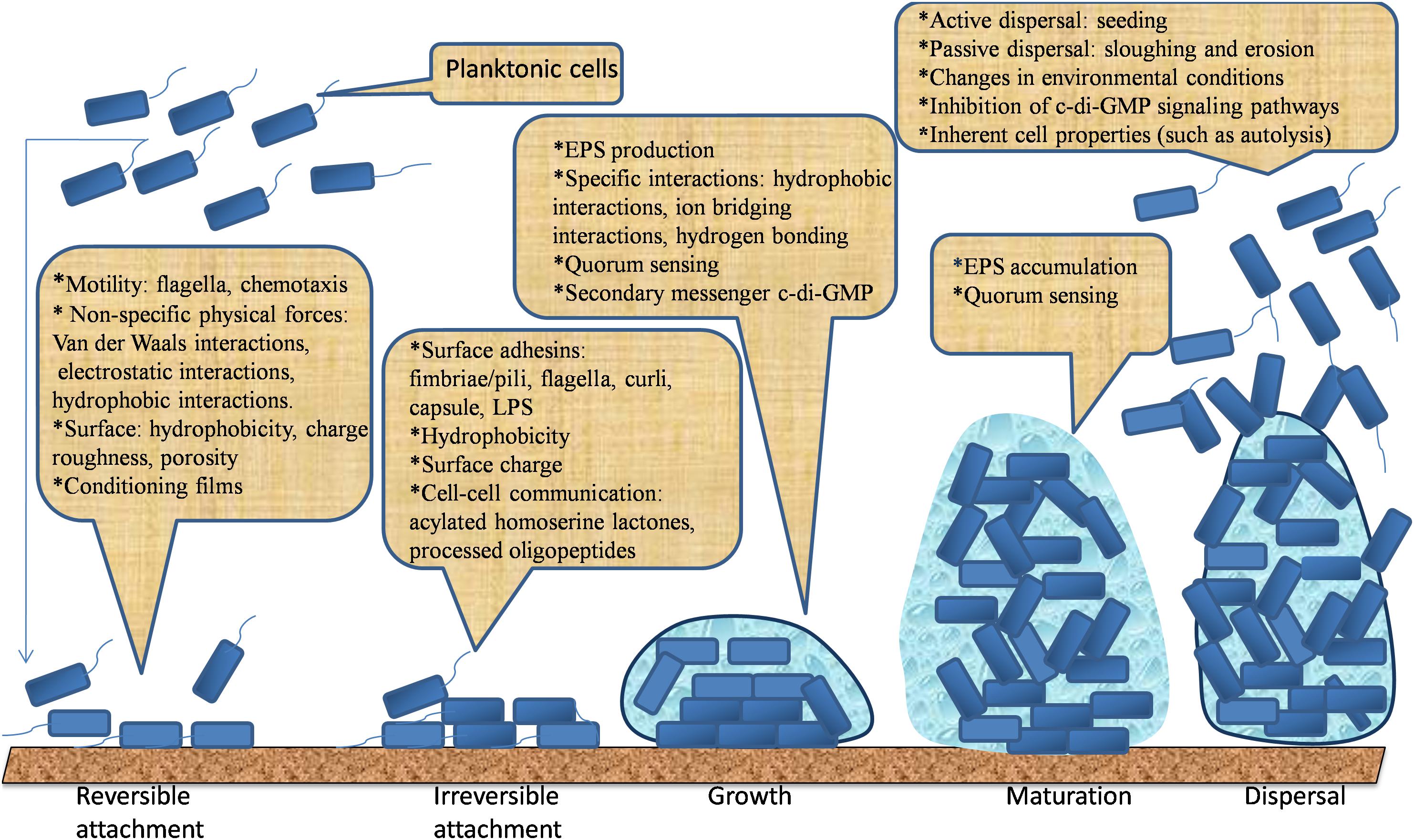
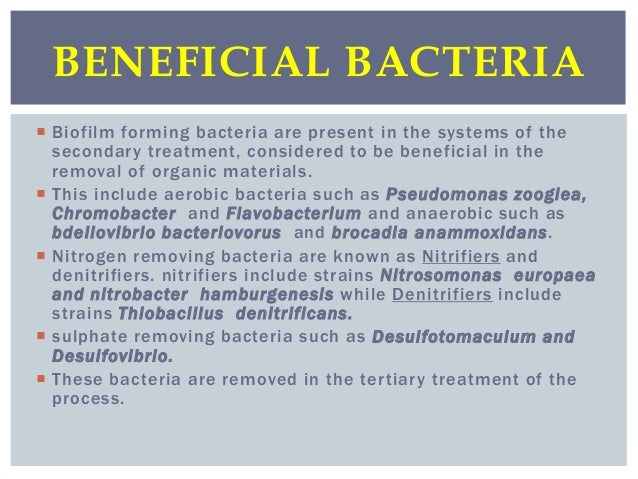


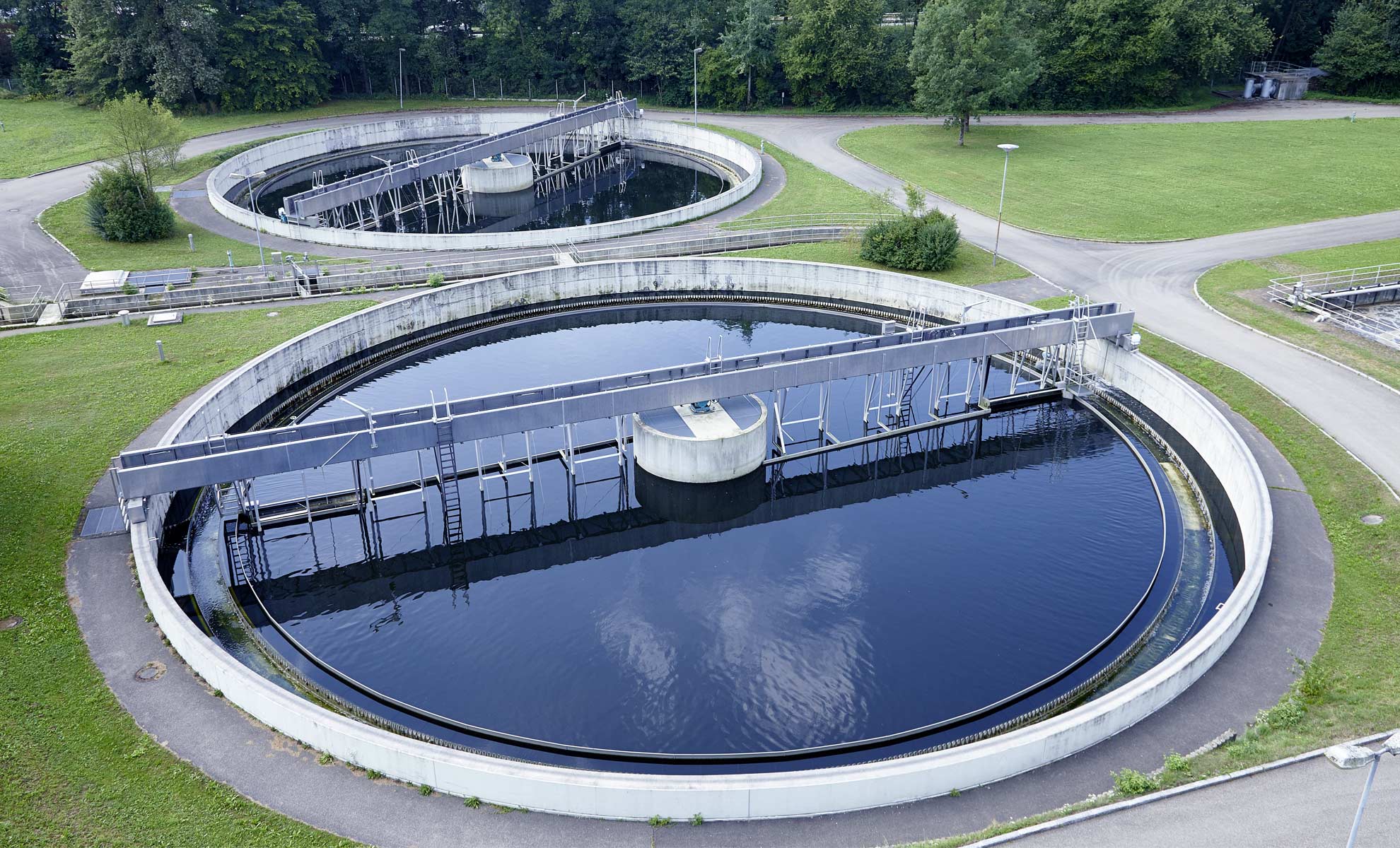




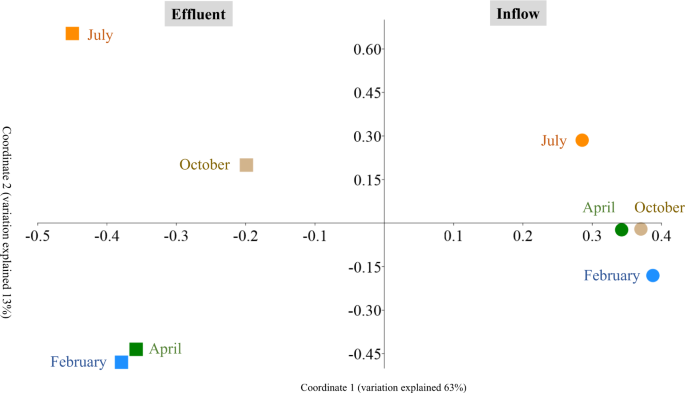

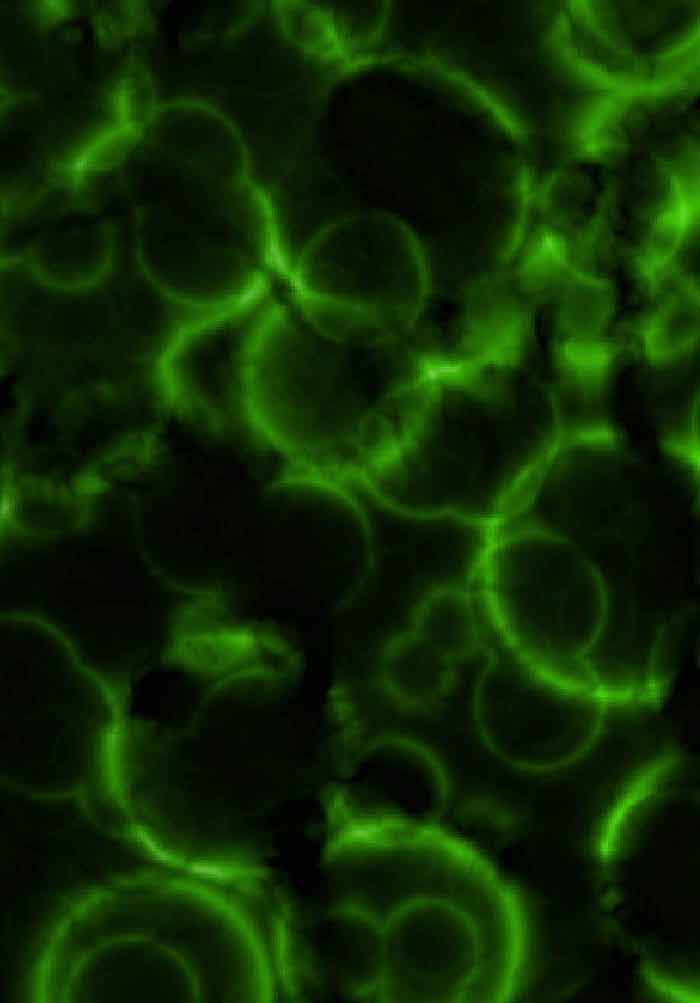
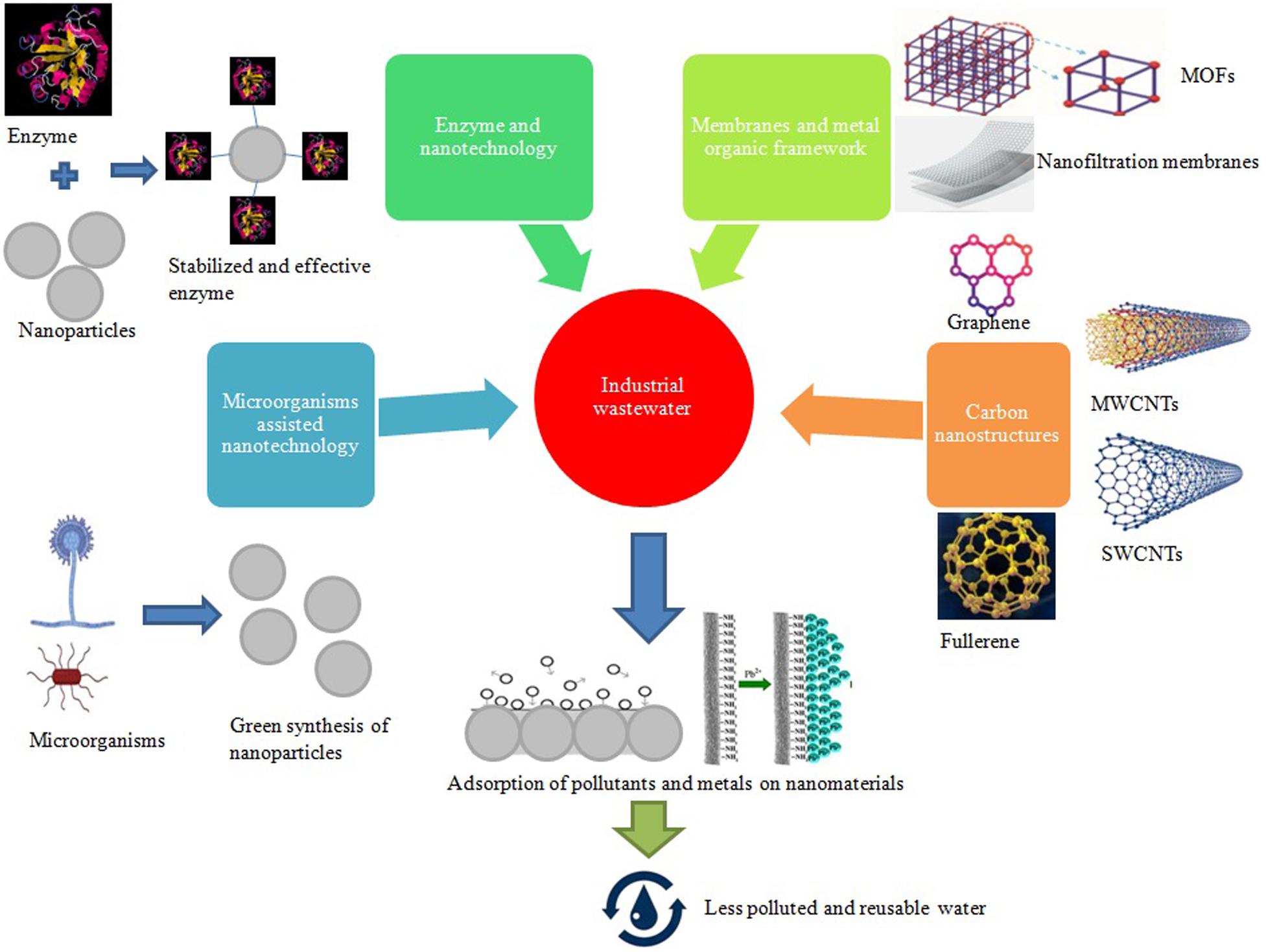
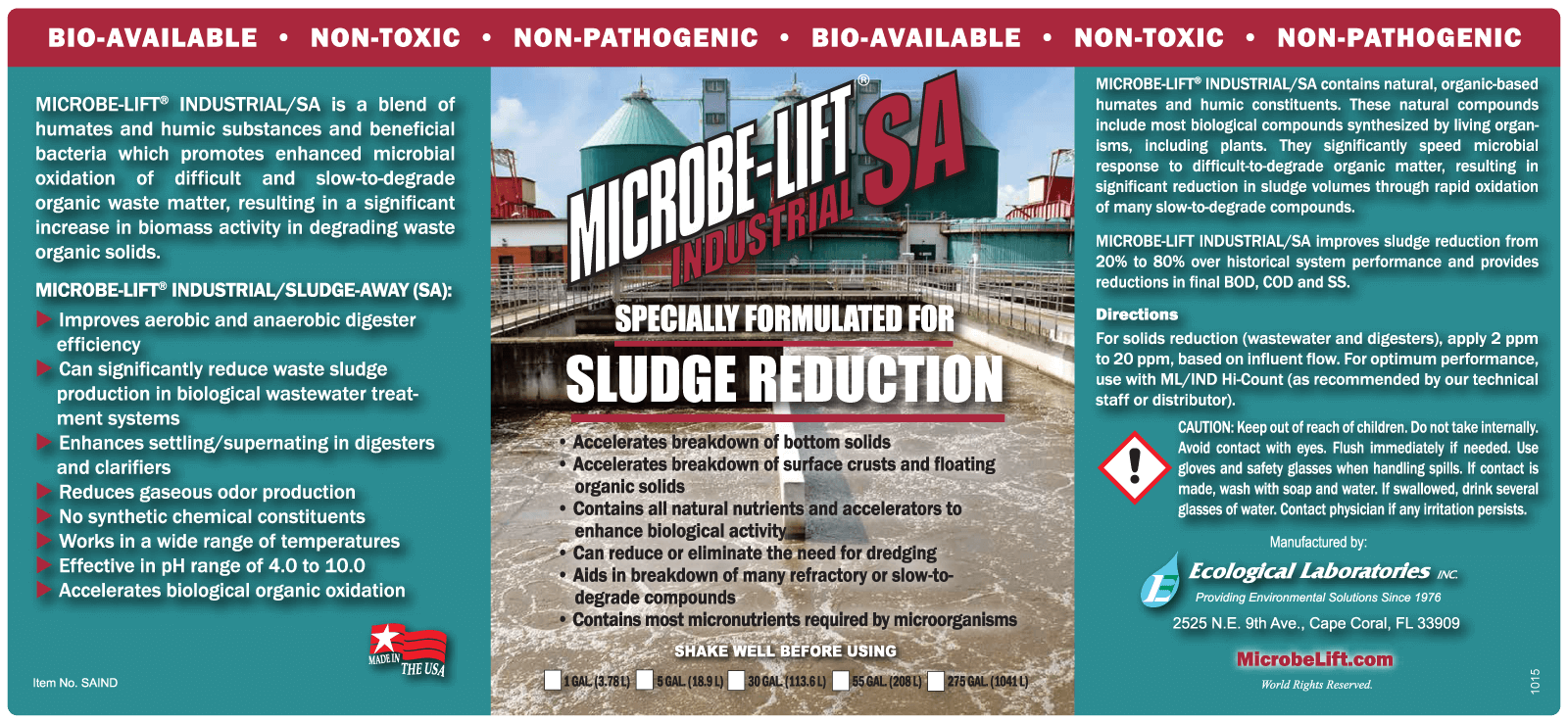
Post a Comment for "Bacteria Are Beneficial To Wastewater Treatment Because"